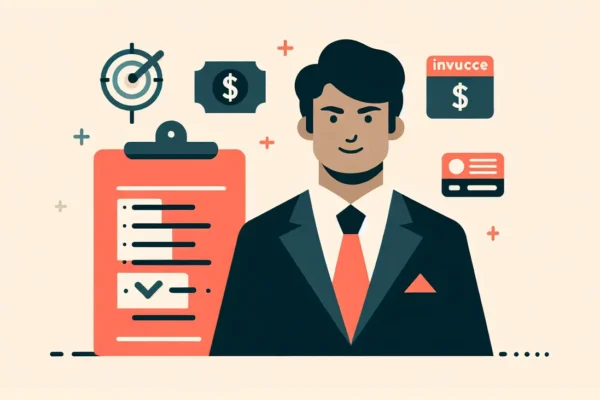As the digital economy grows, fintech is becoming increasingly important in managing business finances. For UK entrepreneurs, navigating the world of fintech debt recovery is crucial. In this blog, we explore essential information that every business owner needs to effectively manage and recover debts using fintech solutions.
Understanding Fintech in Debt Recovery
Fintech, or financial technology, is revolutionizing how businesses handle their finances. When it comes to debt recovery, fintech offers innovative tools that make the process more efficient and effective. From automated communications to advanced analytics, fintech solutions can help streamline this challenging area for entrepreneurs.
Imagine a world where chasing overdue payments is not the tedious, manual task it once was. Fintech in debt recovery empowers businesses to tackle these issues with unprecedented ease. For instance, powerful algorithms can assess the likelihood of debt repayment, allowing businesses to prioritize their efforts effectively. The key is harnessing the power of data to make more intelligent decisions about who, when, and how to pursue outstanding debts.
Another exciting development is the use of artificial intelligence (AI) in debt recovery. AI chatbots provide instant and personalized responses to debtor inquiries, increasing engagement and resolution rates. By leveraging AI-driven insights, business owners can better understand debtor behavior and trends, enhancing the overall recovery strategy.
Key Benefits of Using Fintech for Debt Recovery
One of the primary advantages of using fintech in debt recovery is the ability to automate tedious processes, saving time and resources. Moreover, fintech solutions provide businesses with real-time data analysis, allowing entrepreneurs to make more informed decisions. Additionally, enhanced communication tools lead to better customer relationships during the recovery process.
Fintech facilitates improved cash flow management, which is crucial for business sustainability. By automating debt recovery, companies can accelerate their cash flow cycles, ensuring they have the necessary capital for day-to-day operations. Automated reminders and messaging systems also help maintain professional relationships with debtors, demonstrating reliability and consistency.
Challenges and Considerations
Despite the numerous advantages, integrating fintech into debt recovery has its challenges. Entrepreneurs must consider data security, as sensitive financial information is handled digitally. Furthermore, selecting the right fintech solutions that align with business goals and budget constraints is crucial.
Another area of concern is the need to stay abreast of regulatory changes. Privacy laws and compliance regulations in the UK can impact how fintech solutions are used for debt recovery. It’s essential for entrepreneurs to have a comprehensive understanding of these rules to mitigate any legal risks.
Entrepreneurs should also be mindful of the human aspect of debt recovery. While fintech tools can automate many processes, customer service should remain personalized and empathetic. Balancing technology with human touch ensures customer satisfaction and loyalty, even when addressing sensitive issues like debt.
Choosing the Right Fintech Solution
With a myriad of fintech options available, selecting the appropriate one can be daunting. Entrepreneurs should prioritize scalability, user-friendliness, and customer support when choosing a solution. It’s also wise to seek recommendations and carry out thorough research to find the best fit for your business needs.
Demonstrations and trial periods are valuable resources when evaluating fintech solutions. They offer hands-on experience and a better understanding of implementation processes. Consider involving multiple departments in the decision-making process to ensure comprehensive insight into the chosen system’s adaptability and effectiveness.
Practical Steps for Implementing Fintech in Debt Recovery
Implementing fintech in your debt recovery process involves clear planning and execution. Start by assessing current procedures, identifying areas for improvement, and setting achievable goals. Educating your team on using new tools is essential, as is maintaining regular reviews to ensure the selected solutions continue to meet your business needs.
Change management is an essential aspect of implementation. It’s important to establish a step-by-step roadmap that involves input from stakeholders at every level. Consistent training sessions and open communication channels are crucial for smoothing the transition and fostering a culture of technological adoption.
Embracing Fintech for a Secure Financial Future
In conclusion, embracing fintech solutions for debt recovery can be a game changer for UK entrepreneurs. By understanding the unique benefits and knowing how to effectively implement these technologies, business owners can improve cash flow and secure their financial future. Staying informed and adaptable in this evolving landscape will undoubtedly ensure long-term business success.







